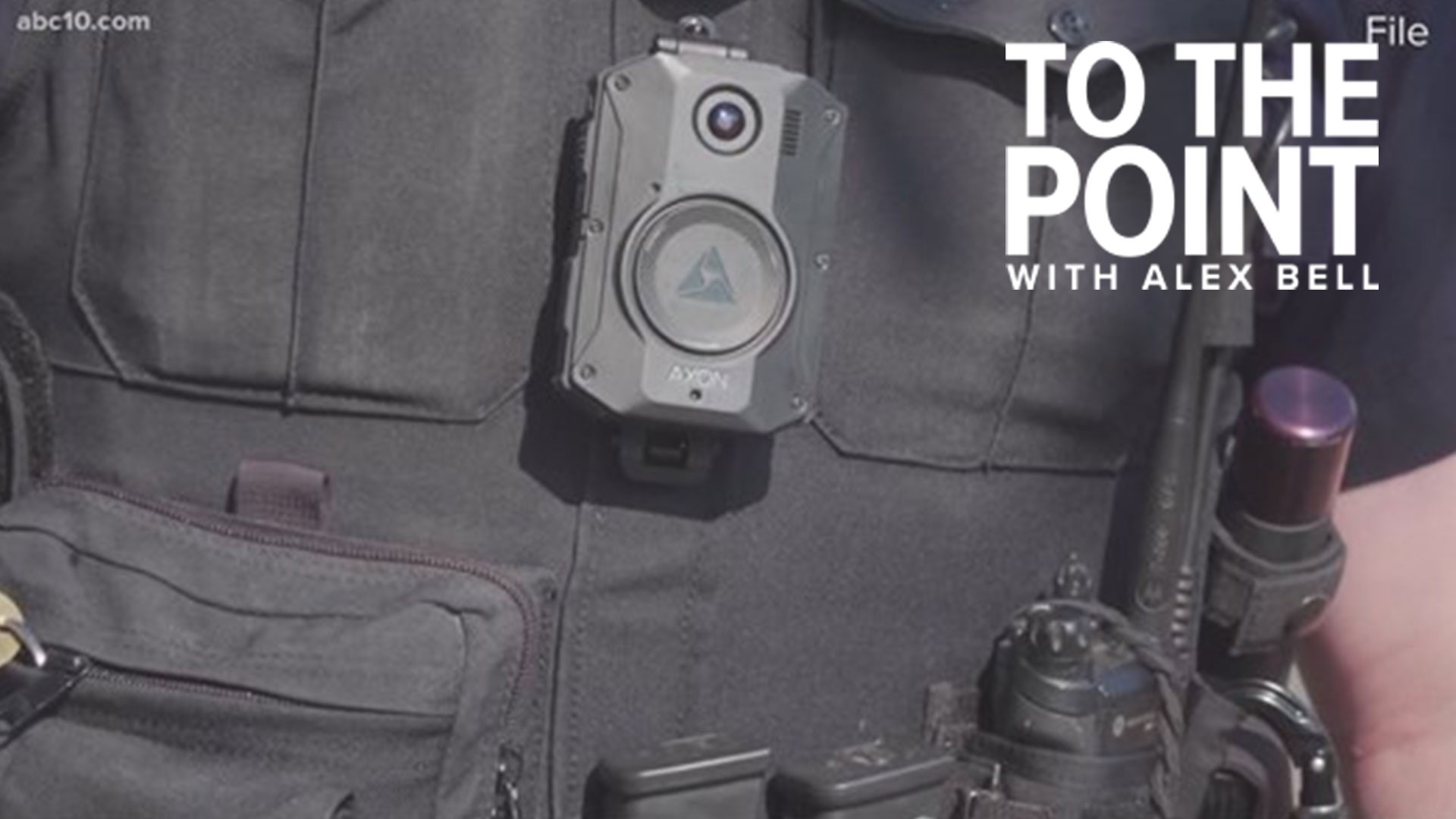SACRAMENTO COUNTY, Calif. — Is the Sacramento County Sheriff’s Office following state law when it comes to releasing body camera video from a critical incident? That’s the question ABC10 is looking into, because the family of a man who died in the custody of the sheriff’s office says they want more body camera video — and they believe state law backs them up.
This is the case of 48-year-old Sherrano Stingley. He died in the hospital Dec. 16, just 10 days after an arrest by Sacramento County Sheriff’s deputies left him unconscious.
The sheriff’s office says they were responding to a report of a man under someone’s truck in a Sacramento County neighborhood, near Stockton Boulevard and Gerber Road, in the 7500 block of Whisperwillow Drive.
Stingley’s family says he was having a mental health crisis and was searching for his daughter's home in the same neighborhood, where he was living at the time.
Body camera video shows he initially complied with deputies, but then a struggle started. By the fourth minute, Stingley appeared to pass out.
Stingley’s family and their lawyer, Sacramento-based civil rights attorney Mark Merin, filed a complaint for violations of civil and constitutional rights in the U.S. District Court, Eastern District of California, thereby launching a lawsuit against Sacramento County and the sheriff’s office Thursday.
They claim the deputies who arrested Stingley — and, by extension, the sheriff's office and county — violated Stingley's civil and constitutional rights.
Stingley’s family wants body camera video released from all of the deputies on scene that early morning of Dec. 6.
“Every time I go back and watch it, I find new stuff,” said Stingley’s daughter Dymin Stingley, of the sole body camera video released by the sheriff’s office in the days after the arrest.
She said she wants the sheriff’s office to release all the body camera video of the arrest that lead to her father’s death from all deputies’ perspectives, saying it’ll paint a fuller picture of what happened.
“He was saying ‘no’ because they were hurting him. That moment of time, they were doing a lot to him. He just wanted to get home. So it's very important to know what state he was in. He was mentally ill,” said Stingley.
Stingley's family is raising money for a memorial service and independent autopsy. That site is HERE.
The family and their attorney said they believe this arrest, and death, should trigger a state law called Assembly Bill 748. Passed in 2018 and in effect the following July, it says that — barring certain conditions — law enforcement agencies may only withhold body camera video for 45 days in something called a "critical incident" — a key phrase. That's when an officer shoots at someone or uses force that seriously injures or kills someone.
In previous reporting, the Sacramento County Sheriff's Office told ABC10 that AB 748 doesn't apply in Stingley’s case. They're classifying it as an "in-custody death" and claim it therefore doesn't qualify as a "critical incident."
The sheriff's office has not commented since the suit was filed.
As far as a timeline for possible release of additional video, spokesperson for the sheriff's office Sgt. Amar Ghandi said, “right now, we’ve still got to wait for the coroner’s report to come out. If the coroner’s report dictates some other circumstance, we’ll obviously adjust that way, but as of right now, that’s where we are.”
As of this week, the Sacramento County Coroner’s Office says the cause and manner of Stingley’s death are still pending.
ABC10 wanted to get some clarity on this discrepancy between the sheriff’s office’s stance and the Stingley family’s assertion, so we went to talk with Assemblymember Phil Ting (D-San Francisco), the author of AB 748.
“It was the first piece of legislation to really define when body camera footage should be released,” said Ting.
Overall, he thinks his bill is improving transparency and accountability within law enforcement, saying an agency should ideally release as much body camera video as possible in a critical incident.
“If there were five officers on the scene and only you only released one camera footage, people would just naturally think, ‘Okay, well, what did the other four cameras show?’” said Ting.
We asked him specifically about the Stingley case and though he said he wasn't very familiar with it, he says video should be released.
“Anytime there is a death and officers were around it, whether they were at fault or not, I think it really behooves the department to get that information out, that footage out as soon as possible,” said Ting. “Because there's always going to be a question as to whether officers were involved or how are they involved or if they were involved. I think it's absolutely critical, especially anytime there's a fatality, it's very important to release that footage as soon as possible.”
Complicating this case is that Stingley’s arrest and death happened under a previous administration: then-sheriff Scott Jones, who is included in the Stingley’s family’s civil rights lawsuit against the County.
Now, the decision to release more body camera video rests with the new sheriff and former Assemblymember Jim Cooper.
ABC looked up how he voted on AB 748 back in 2018. He voted against it. We asked him to provide some context as to his vote and are waiting to hear back.



















